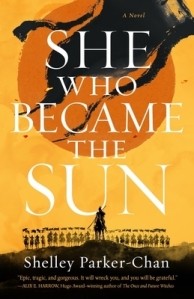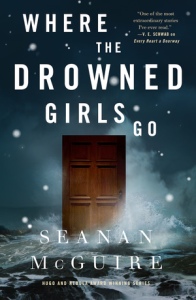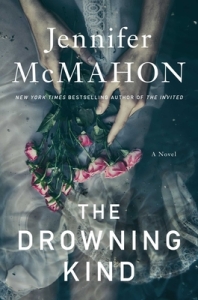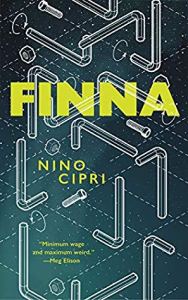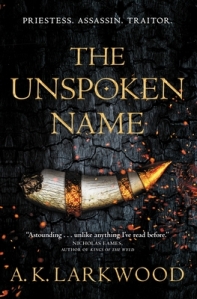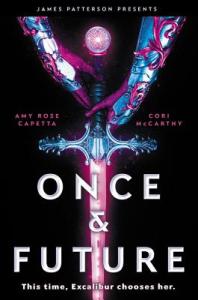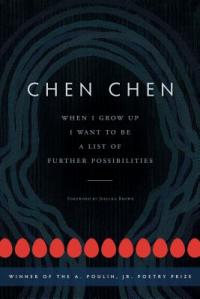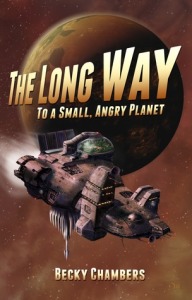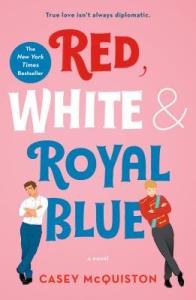Title: She Who Became the Sun
Series: The Radiant Emperor Duology #1
Author: Shelley Parker-Chan
Genre: Historical Fantasy
Trigger Warnings: War, death, death of children, misogyny (severe), sexism, injury, blood, gore, vomit (mentions), animal death (mentions), fire (mentions), racism, body shaming, ableism (severe), death of parents, cannibalism (briefly implied), alcohol use, classism, dysphoria (minor), toxic relationship
Back Cover:
“I refuse to be nothing…”
In a famine-stricken village on a dusty yellow plain, two children are given two fates. A boy, greatness. A girl, nothingness…
In 1345, China lies under harsh Mongol rule. For the starving peasants of the Central Plains, greatness is something found only in stories. When the Zhu family’s eighth-born son, Zhu Chongba, is given a fate of greatness, everyone is mystified as to how it will come to pass. The fate of nothingness received by the family’s clever and capable second daughter, on the other hand, is only as expected.
When a bandit attack orphans the two children, though, it is Zhu Chongba who succumbs to despair and dies. Desperate to escape her own fated death, the girl uses her brother’s identity to enter a monastery as a young male novice. There, propelled by her burning desire to survive, Zhu learns she is capable of doing whatever it takes, no matter how callous, to stay hidden from her fate.
After her sanctuary is destroyed for supporting the rebellion against Mongol rule, Zhu uses takes the chance to claim another future altogether: her brother’s abandoned greatness.
Review:
I put a hold on this audiobook at the library, and I’ll admit, when it came ready I wondered what I was thinking. I’ve read a lot of Chinese- and East Asian-inspired fantasy lately, including a completely different one that was also a fantasy version of a real ruler of China’s journey to power. But I’ve also DNF’d many, many other similar books recently. So I was a little skeptical going in.
Everything on the back cover is basically the setup for the story. The girl does not get a name, either because her father and brother don’t think her important enough to use it or her family never bothered to give her one in the first place. Surrounded by famine so terrible that people have resorted to truly terrible means, there was no reason to put effort into keeping a daughter alive when you could instead save a son.
But the girl lives. She takes her brother’s name and identity to enter a monastery where there would be food. There she discovers how far she will go to survive. She believes her true fate is nothingness and death, but if she has a strong enough will, she can convince Heaven itself that she should live.
That is the story. It is a monk who is not a woman* but who must hide her woman’s body, whose choices are nothingness or greatness and who will sacrifice anything, even breaking her own heart in the process, to seize her fate. As a girl child in a world that would rather let a girl die than let a boy be uncomfortable, she chose to live by any means necessary.
She is not a good person, but she is a strongly compelling character, a queer anti-hero who does many things that are morally dubious or outright wrong but who I still want to see succeed.
Her journey is set against a war – the Red Turban Rebellion – as the Chinese attempt to overthrow their Mongol rulers. And hers is not the only perspective in the story. There is also the eunuch general of the Mongol rulers, biding his time in dubious favor with various Mongol nobility until he can get revenge for his slaughtered family. There is also Ma, engaged to the son of a Red Turban leader as the rebellion’s leadership jockeys for power, who gets significantly less page time but no less importance than the other two. The threads of fate surround everyone and draw them ever closer to their glory or doom.
This review is poetic because that’s what this book evokes. The writing style isn’t poetic, and the book itself is full of violence and gore and hatred, but the story feels like an epic saga, the kind of thing that gets put to song and sung throughout the land. I occasionally had a difficult time keeping the names straight – though I’m pretty sure that’s a limitation of reading it as an audiobook – and the sheer excess of misogyny was hard to read at times. But I was surprised by how much I enjoyed this book. The sequel hasn’t even been announced yet, but there is going to be one and I can’t wait.
*About gender and pronouns in the book: Though raised as a girl until age 9-ish, Zhu declares herself not to be a girl. She presents as a man and uses he/him pronouns with others, but declares herself to be in a space between or outside the two genders, neither male nor female. The parts of the book that are from her perspective use she/her pronouns for her, so that’s what I use in this review.
The Radiant Emperor Duology:
- She Who Became the Sun
- He Who Drowned the World (August 2023)

